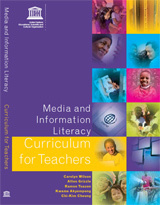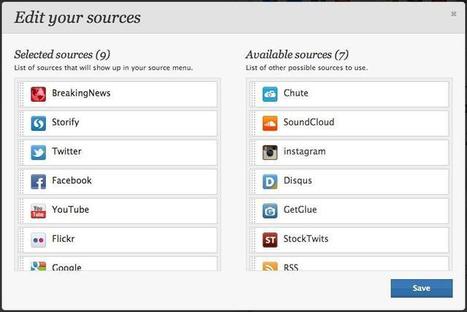Students need the skills to check the quality of news they encounter daily. Here are five activities to teach students how to spot fake news
Research and publish the best content.
Get Started for FREE
Sign up with Facebook Sign up with X
I don't have a Facebook or a X account
Already have an account: Login
 Your new post is loading... Your new post is loading...
 Your new post is loading... Your new post is loading...

Nik Peachey's curator insight,
August 21, 2017 1:34 AM
Some useful resource sites with lots of ready made activities and lesson plans. 
Ricard Garcia's curator insight,
August 22, 2017 2:36 AM
Useful links to different sites to make the best of News in ELT
|
|





















